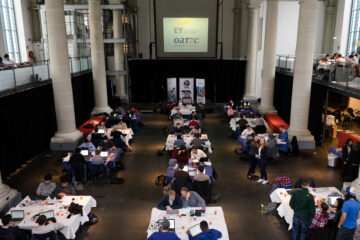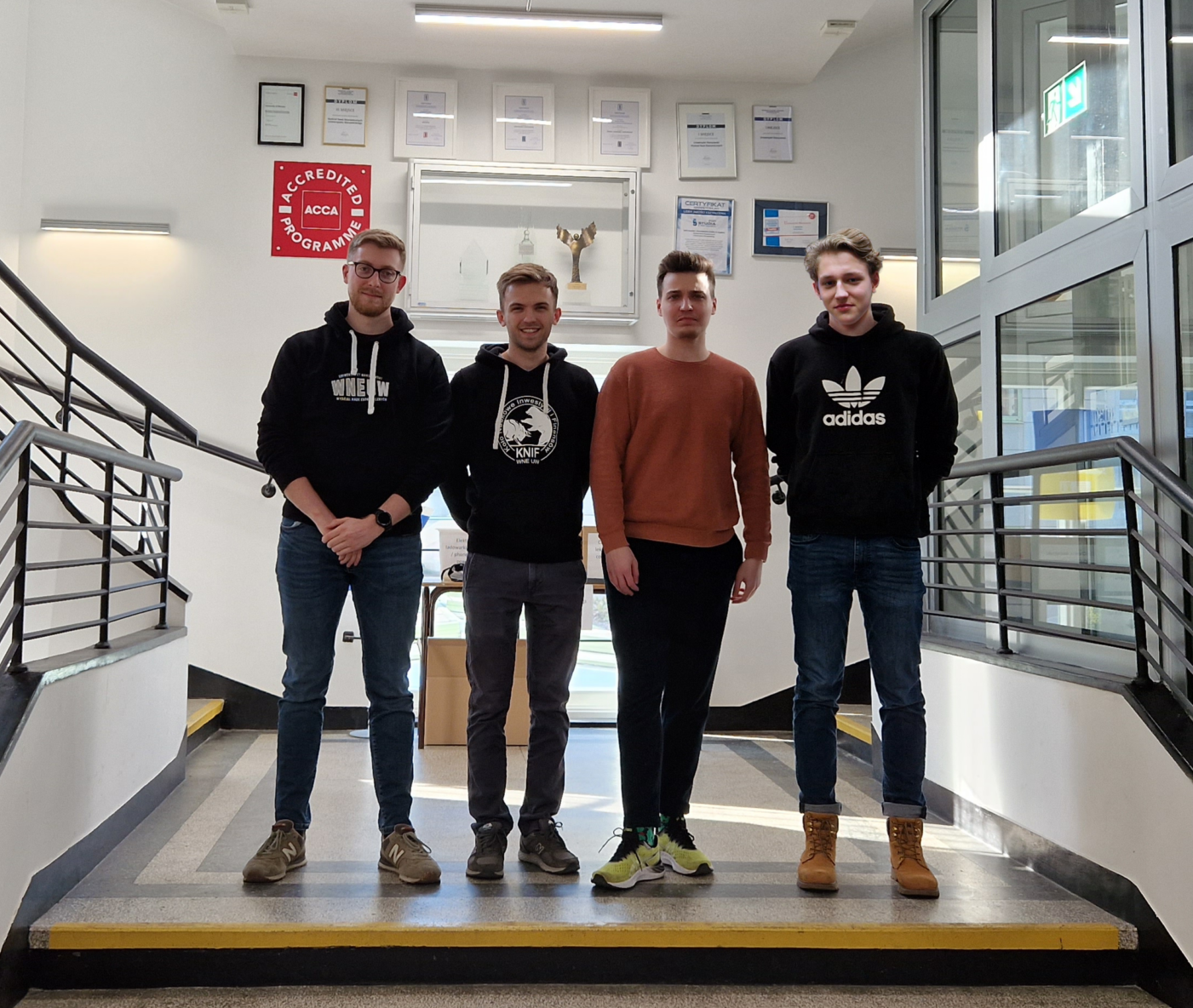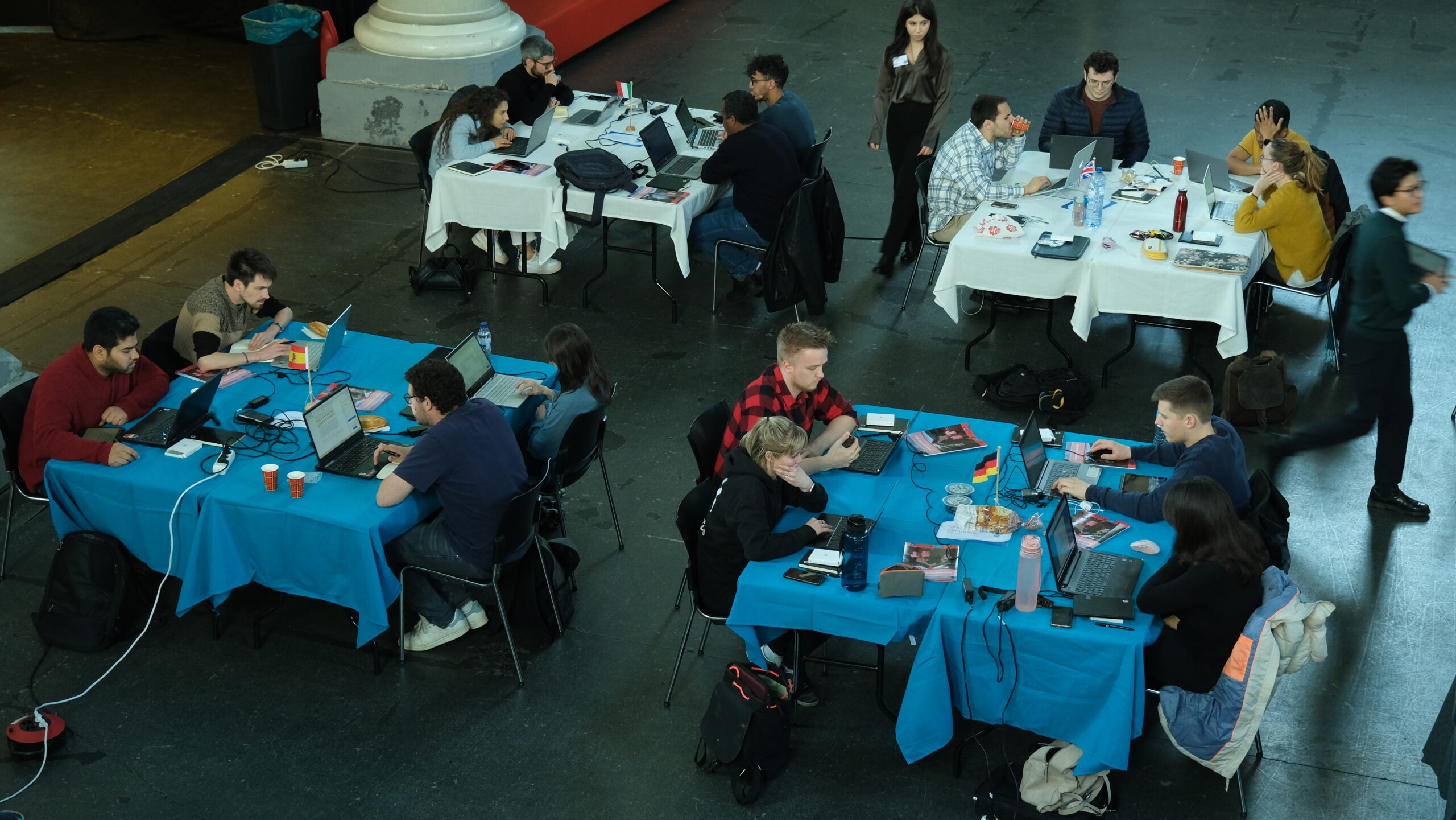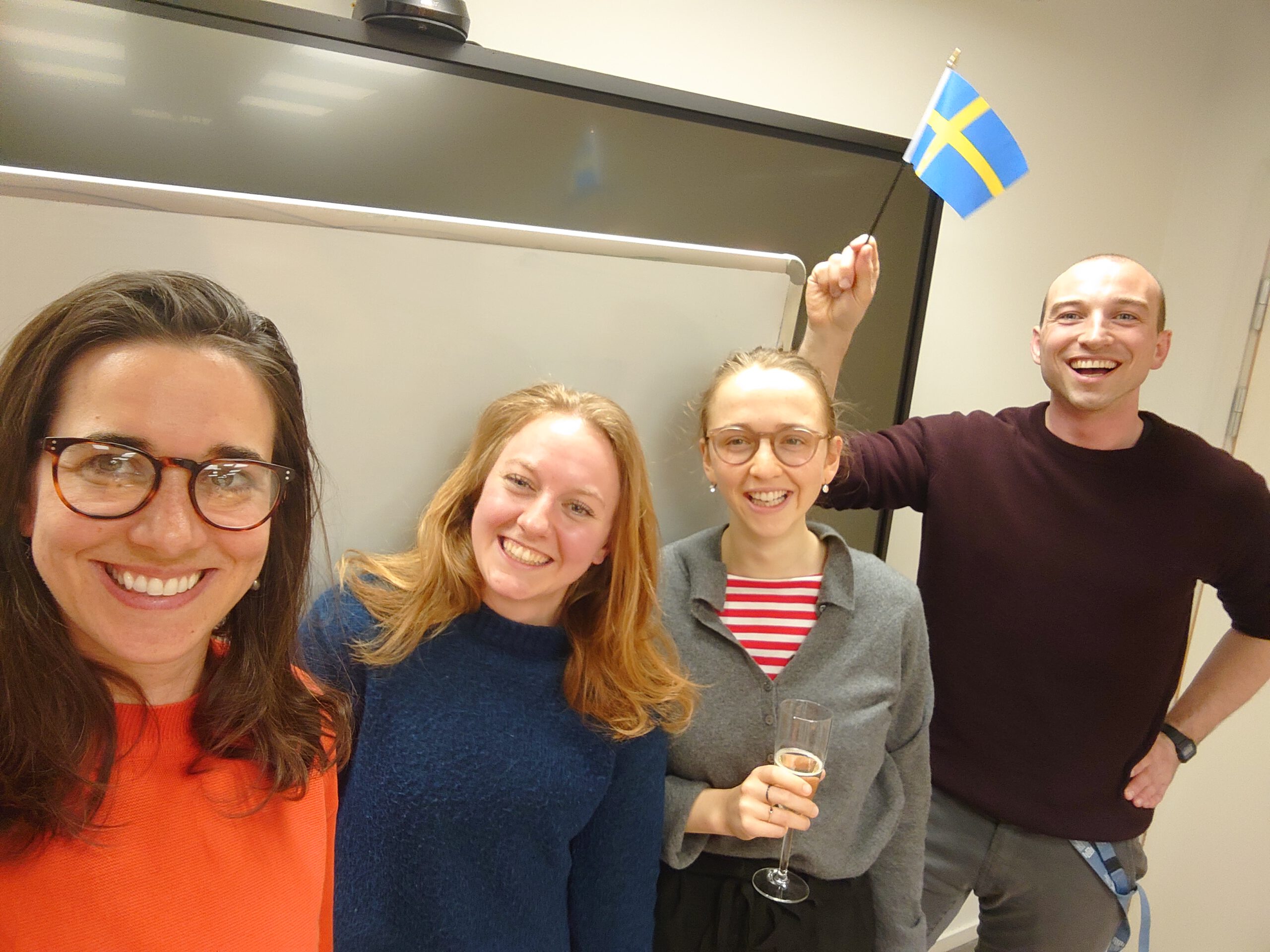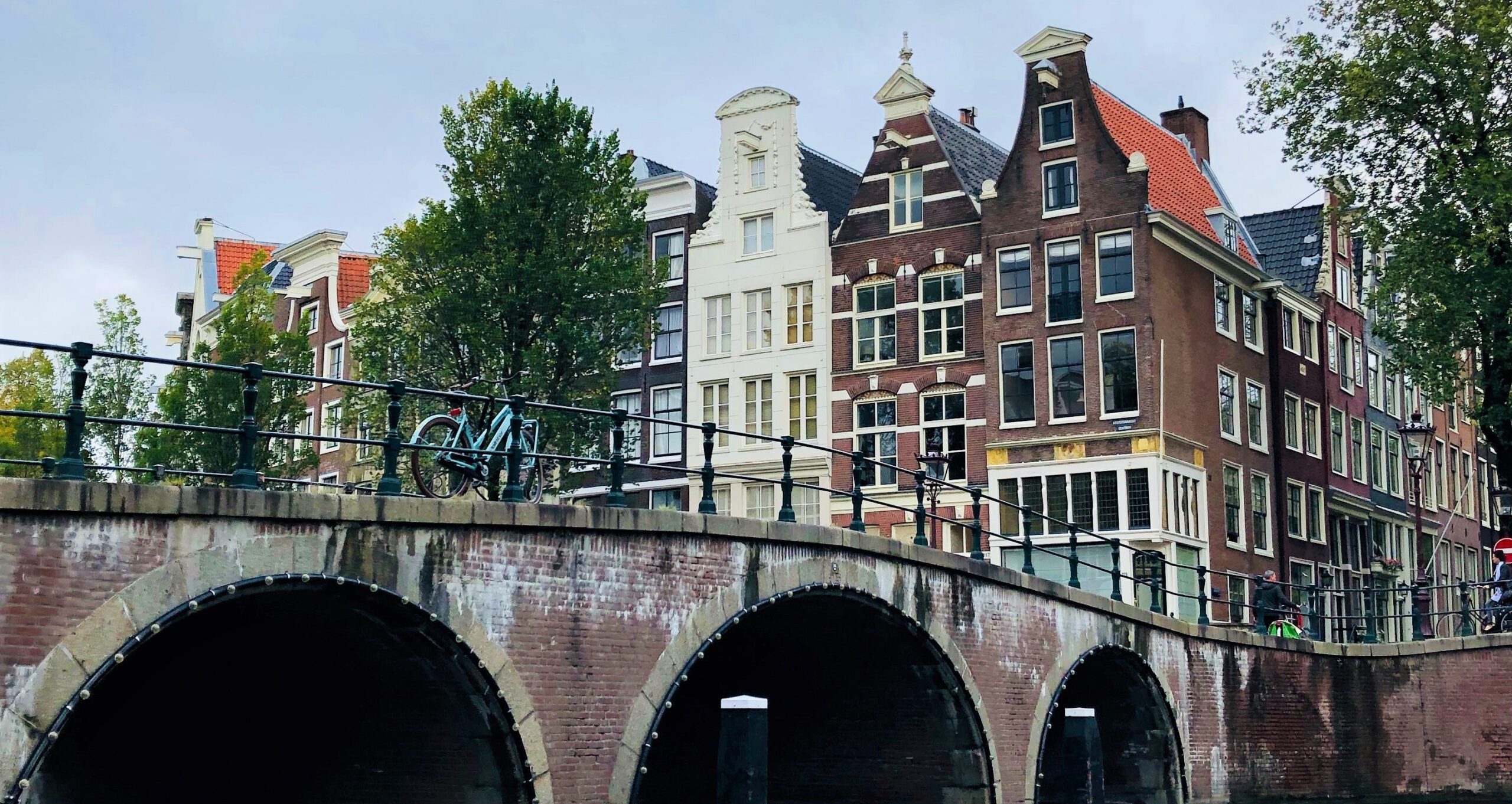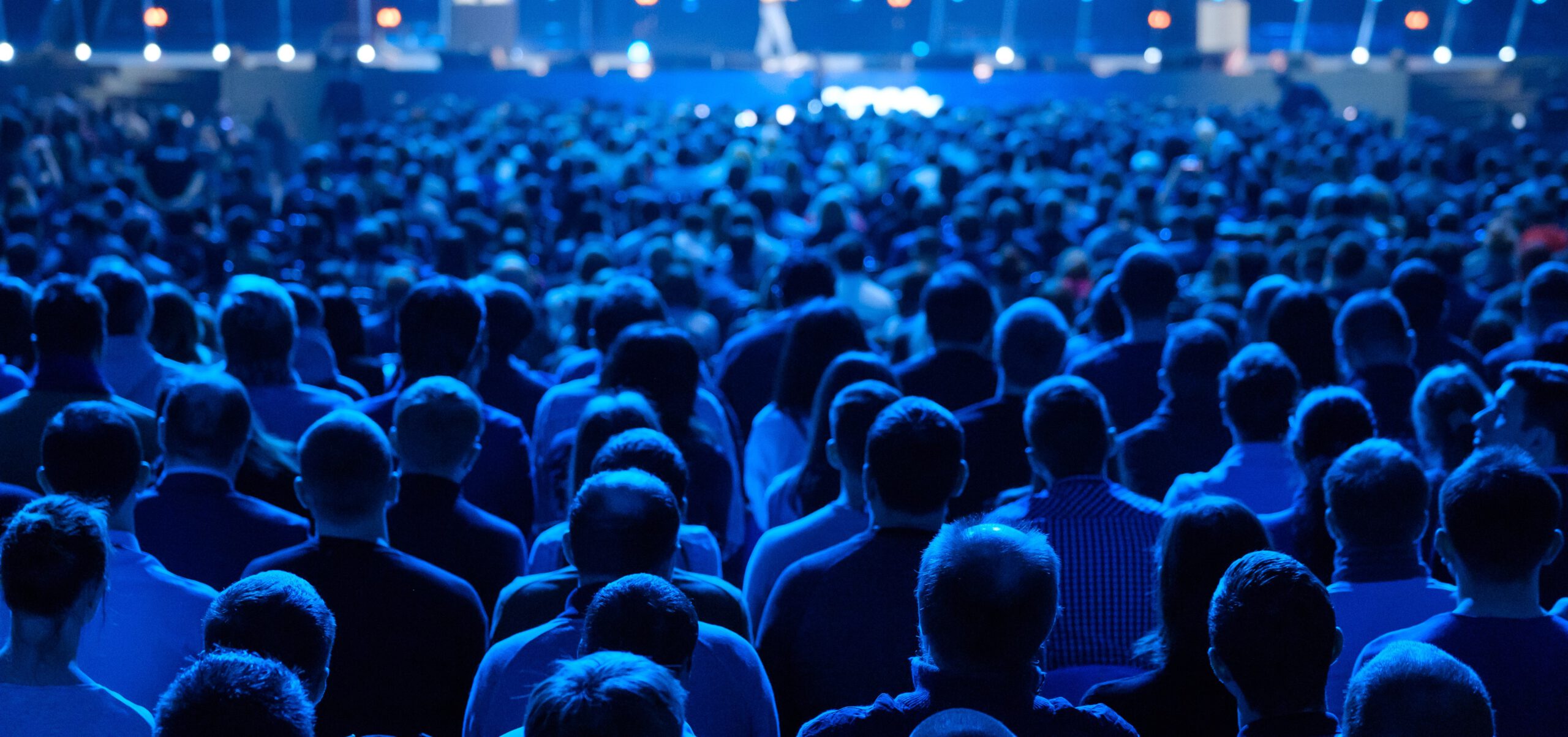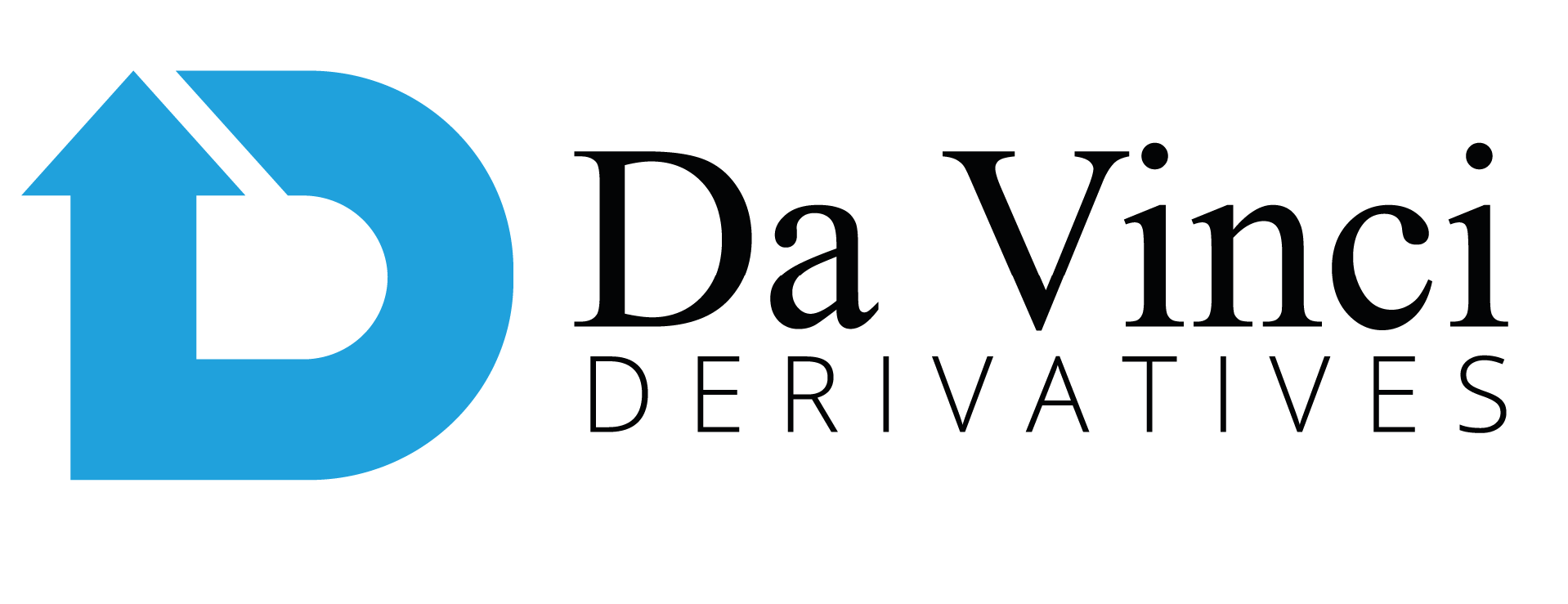Casemaker 2025 – Anastasija Tetereva
Creating the Case: I was asked by a very talented and enthusiastic young group of people. At that point, the decision problem was trivial, how could I possibly say no? I genuinely enjoy supporting student-driven initiatives, especially when they are both intellectually challenging and socially relevant. From a utility-maximization perspective, Read more
